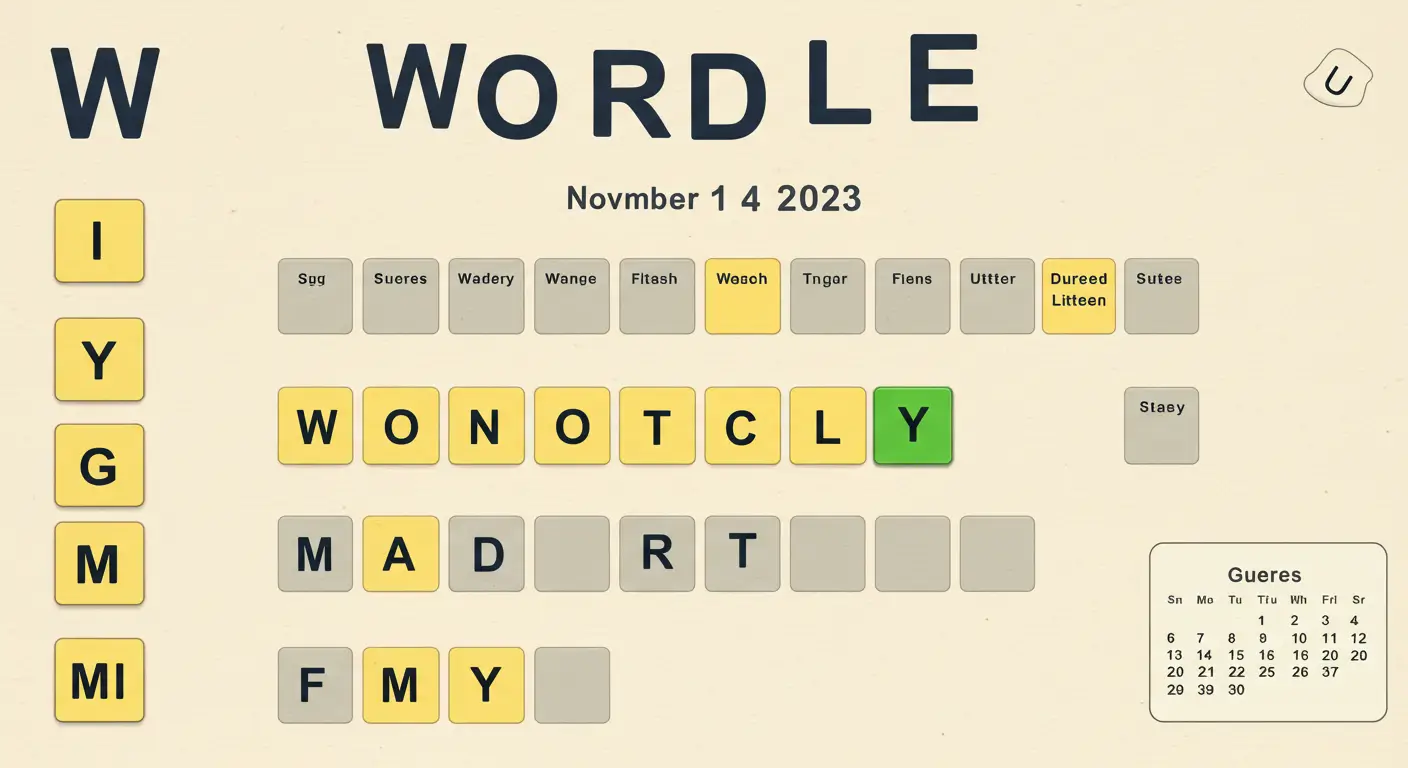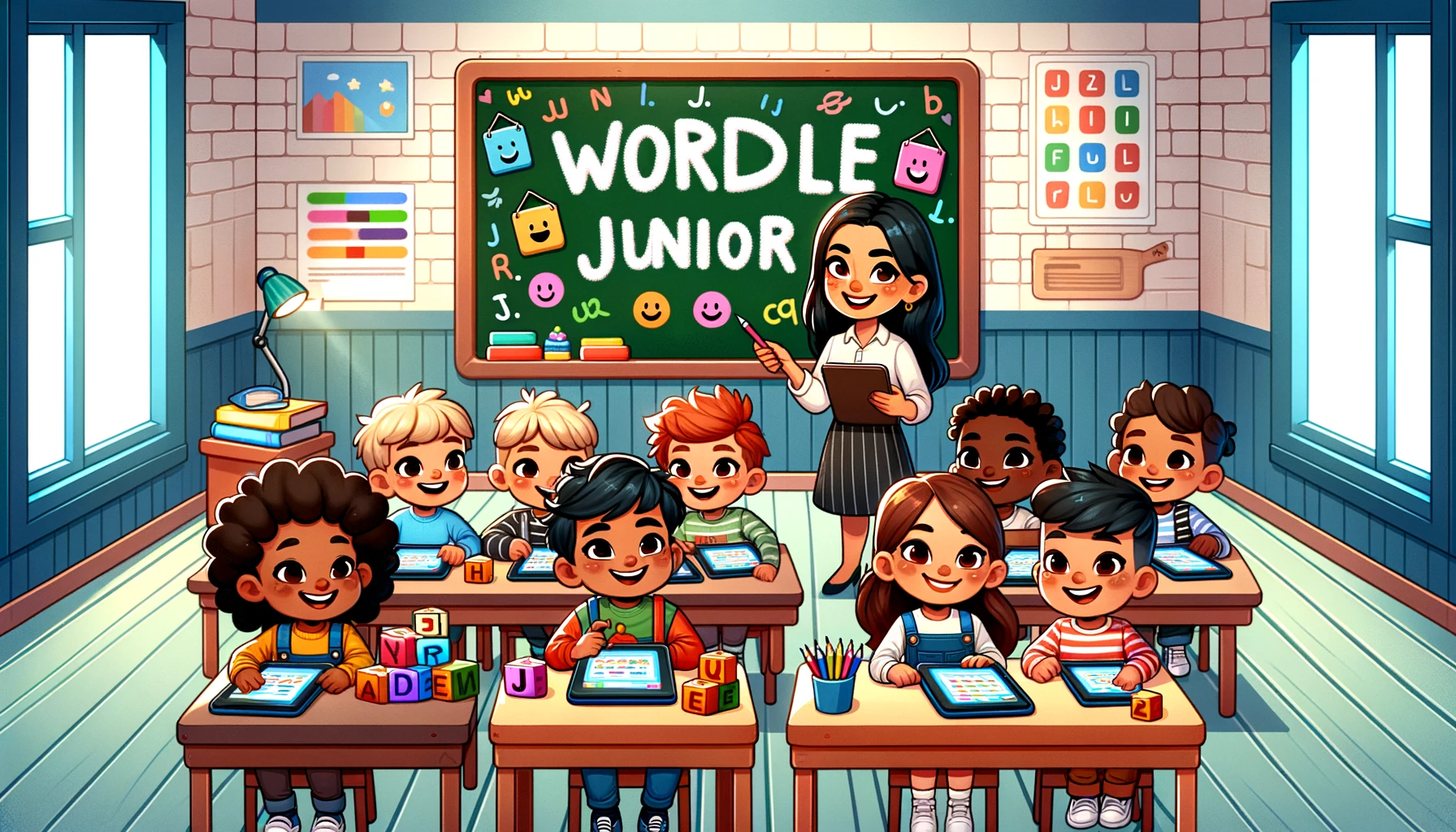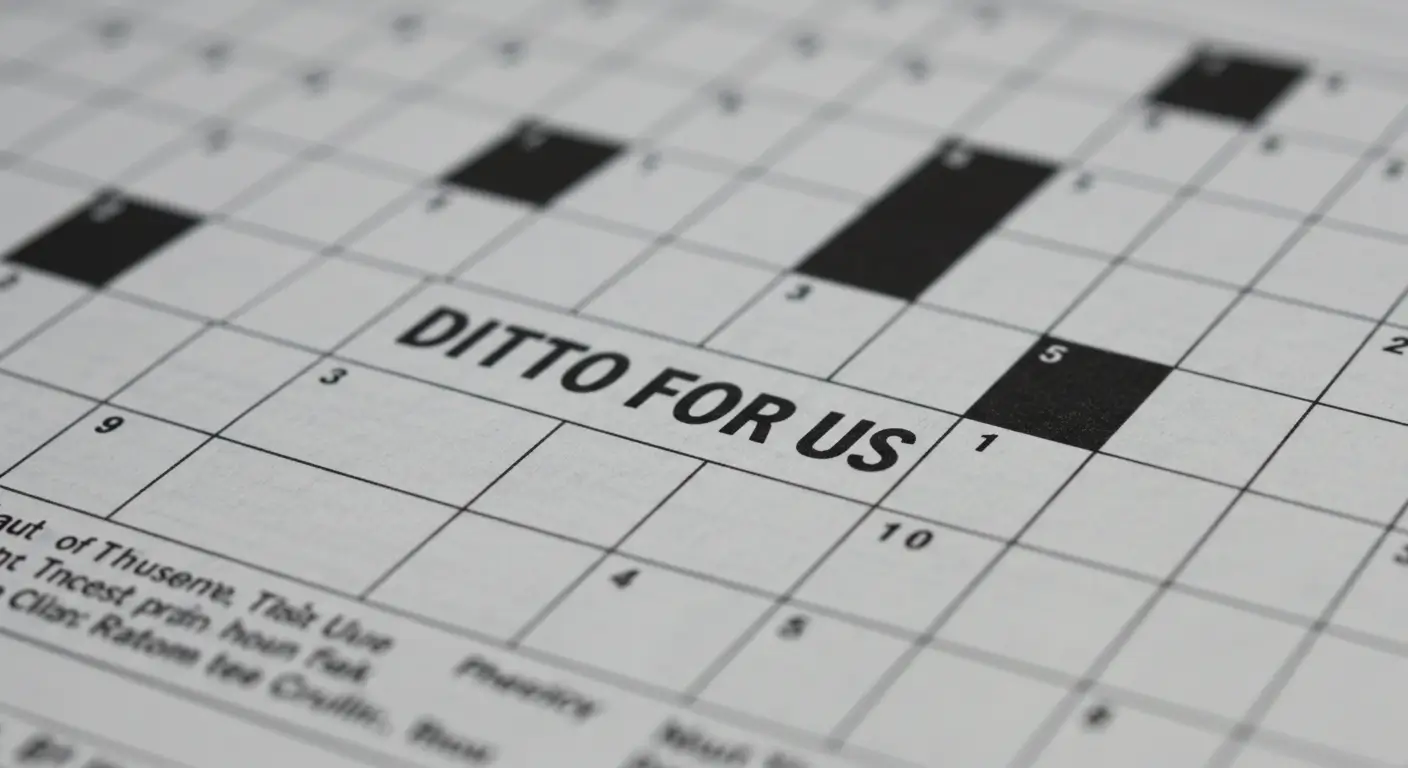Begin with a vivid description of the morning ritual for many: coffee in hand, eyes scanning the black and white grid of the day’s crossword, a mix of anticipation and apprehension for the challenge ahead. Narrate the universal appeal of crosswords, drawing in everyone from the casual breakfast table solver to the dedicated enthusiast. Set the stage for “stupefaction nyt” as not just a word but as a crucial emotional and intellectual milestone in the solver’s journey.
Table of Contents
Stupefaction NYT: A Crossword Setter’s Delight
Embark on a historical journey through the archives of the New York Times crossword puzzles, highlighting how stupefaction has been used literally and figuratively in various puzzles over the years. Include anecdotes of famous or particularly challenging puzzles where stupefaction was central. Discuss interviews with crossword constructors who might reveal their intentions and inspirations behind using such a bewitching word and the reactions it elicited from the solver community.
The Art of Crafting Crossword Clues: Stupefaction and Beyond
Explore the linguistic and cultural layers constructors consider when embedding words like “stupefaction” into their puzzles. Discuss the balance between obscurity and familiarity, the delight in misdirection, and the elegance of the perfect synonym or homonym. Highlight a few ingenious clues from past puzzles that led to stupefaction, analyzing how they work and why they’re effective.
The Role of Stupefaction NYT in Modern Crosswords
Examine the evolving language and themes in crossword puzzles, especially in the digital age. Discuss how “stupefaction” and similar words bridge classic literature and contemporary dialogue, reflecting broader societal changes. Include insights from modern constructors and solvers on how “stupefaction” encapsulates the thrill of the hunt and the joy of eventual understanding.
The Art of Crafting Crossword Clues: Stupefaction and Beyond
- Elements of a Bewildering Clue:
- Wordplay: Puns, anagrams, and homophones.
- Misdirection: Clues that lead one way but require thinking in another.
- Cultural references: Nods to history, art, science, or current events.
Stupefaction NYT Crossword Clue Answer is…
🟩🟩🟩🟩🟩
Answer: AWE
🟩🟩🟩🟩🟩

Overcoming Stupefaction: Tips for the Avid Solver
Expand the list of strategies, including psychological approaches like stepping away to let the subconscious mind work or how changing one’s physical environment might prompt a different perspective. Offer advice from seasoned solvers and constructors on navigating through moments of stupefaction, perhaps including quotes or tips from famous puzzle enthusiasts.
Conclusion: Stupefaction NYT Crossword Clue
Close with a reflective note on the value of challenging oneself, the beauty of the English language, and the community that crosswords create. Paint a picture of “stupefaction” not as a barrier but as a doorway to deeper understanding and greater joy in the world of puzzles.
Encouragement to Engage:
Prompt readers to share their “aha” moments when they’ve overcome their own stupefactions. Suggest they write about the experience, share their favorite stupefying clues, or even create their own puzzle to challenge others.
FAQs on Stupefaction in NYT Crossword Puzzles
- What does ‘stupefaction’ typically refer to in NYT crosswords?
- Stupefaction in the context of crossword puzzles usually refers to a state of bewilderment or astonishment experienced by solvers, often caused by a particularly challenging or cleverly constructed clue.
- How often does a clue or answer like ‘stupefaction’ appear in crosswords?
- The occurrence of “stupefaction” or similarly challenging words varies but they are a staple in crossword puzzles for their ability to offer complexity and wordplay. They might not appear daily but are often present in more challenging puzzles or Sunday editions.
- Are there any strategies for solving difficult clues that lead to ‘stupefaction’?
- Yes! Strategies include taking a break and returning with fresh eyes, considering the theme of the puzzle, looking at intersecting answers for hints, and practicing regularly to recognize common patterns and tricks used by constructors.
- Can beginners tackle puzzles that include words like ‘stupefaction’?
- Absolutely! While daunting at first, tackling such puzzles can significantly improve a solver’s skills. Beginners are encouraged to start with easier puzzles and gradually work their way up, using hints and discussions to learn along the way.
- Where can I find discussions or help for solving tricky NYT crossword clues?
- Many online forums, social media groups, and websites are dedicated to crossword puzzles where enthusiasts discuss clues and strategies. The New York Times also offers a Wordplay blog, providing insights into daily puzzles.










